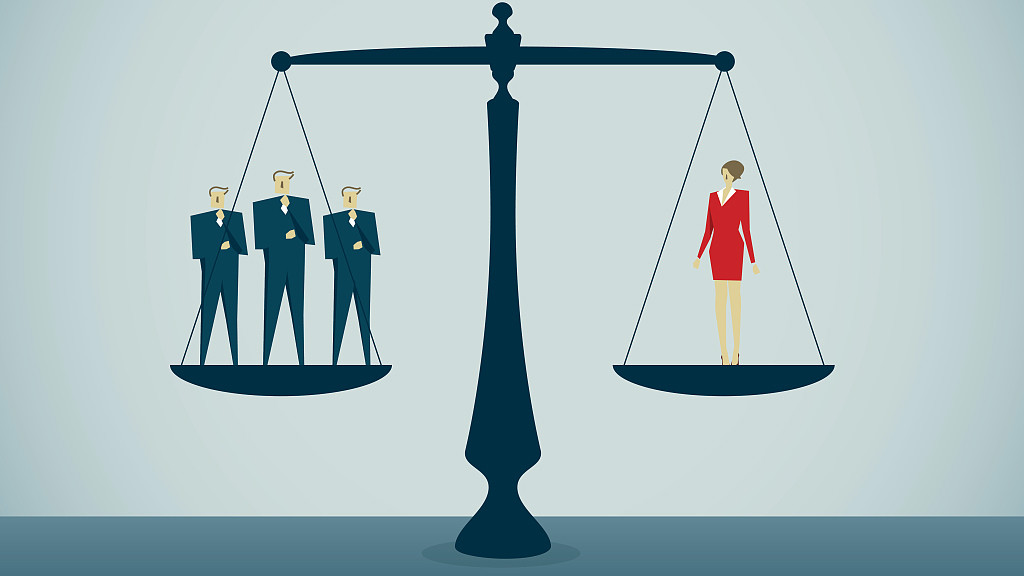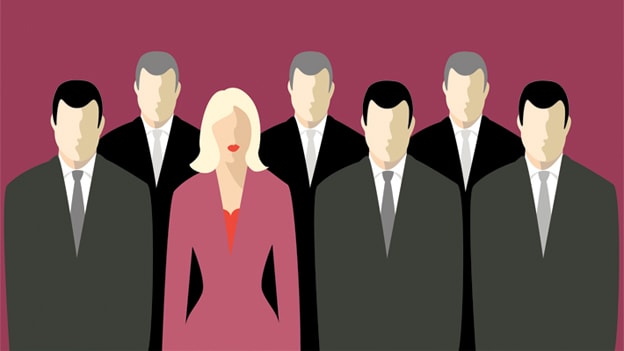GENDER EQUALITY OF OUR SOCIETY
Introduction
Who is women ? who is men? Are they different ?
are they equal? What can they do? What is gender
equality? What is gender? These questions are the
way in our society that different kind of humans
think about woman and man.
The terms “men” and
“women” refer exclusively to humans. Humans are
shaped by both biological sex and socio-cultural
gender. Referring to women and men as "female"
and "male" captures only the biological aspects;
hence it is preferable to say "women scientists" or
"men scientists."
Actually gender and sex are completely different two type words. Gender refers to the characteristics of women, men, girls and boys that are socially constructed. This includes norms, behaviors and roles associated with being a woman, man, girl or boy, as well as relationships with each other. As a social construct, gender varies from society to society and can change over time. Gender is hierarchical and produces inequalities that intersect with other social and economic inequalities. Sex refers to the biological and physiological characteristics that define humans as female or male. These sets of biological characteristics are not mutually exclusive, as there are individuals who possess both, but these characteristics tend to differentiate humans as females or males
Gender Equality
The concept of gender equality refers to the equality
of roles and responsibilities that men and women
have in society. Gender equality is a human right,
but our world faces a persistent gap in access to
opportunities and decision-making power for
women and men. UNICEF says gender equality
"means that women and men, and girls and boys,
enjoy the same rights, resources, opportunities and
protections. It does not require that girls and boys, or
women and men, be the same, or that they be treated
exactly alike”.
When we studied in history about gender equality
,There were many waves. The first wave of
feminism started in the 19th century. The second
wave started in the 1960s and it focused on social
issues such as abortion and workplace rights .The
third wave is still occurring. It has been a response
in the backlash arising from the second wave. This
wave is purely just promoting the ideas of diversity
& change.
Why we need gender equality?
- Gender equality prevents violence against women and girls.
- It saves lives
- It results in better health care
- It's good for the economy
- It leads to legal protection
- It reduces human trafficking
Gender just
Gender JUST is a multi-racial, multi-generational
collective with a diversity of marginalized gender
and sexual identities, skills, cultures, abilities,
citizenship status, educational backgrounds and
income levels.
Amartya Sen has recognized that the
capability approach does not amount to a theory of
justice, and that principles need to be added. But Sen
himself has not proposed any such principles or
theory. Could we develop an outline of a theory of
gender justice which recognizes the strengths of
capabilities as a metric for interpersonal
comparisons for the purpose of justice, but which
also includes principles which are needed to make
complete judgements of justice, for example
principles regarding just earning for gender
segregated jobs? We can argue that a society can
only be considered gender just if, and only if, the
following three principles are met
- The capability sets for men and women should be the same. The only inequalities between men and women that are justified are those (a) that are (directly or indirectly) due to sex differences that are not gender differences, and (b) which cannot be rectified by human intervention
- The constraints on choice from the capability set should not be structured according to morally irrelevant characteristics, such as gender
- The ‘pay-offs’ of the different options in the capability set need to be justified and should not be gender biased




Comments
Post a Comment